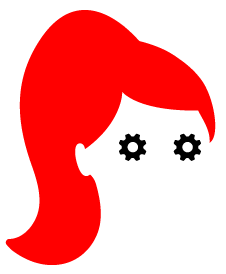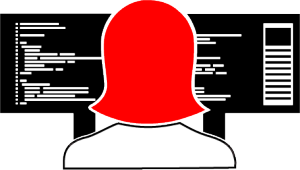Stop what you’re doing and pick up a copy of Program or Be Programmed: Ten Commands for a Digital Age. Douglas Rushkoff’s 21st century call to arms ought to be required reading for librarians (not just those with the word digital in their job title). This is a quick read with big impact and it deserves more than a skim.

This book caught me at the perfect moment as I’ve just taken on a new role as Scholarly Technologies Librarian for Indiana University, where one of my main job duties will be technology training for staff. I’m in the brainstorming stages now, but I think I’ve already zeroed in on the real challenge. Learning styles and technical abilities aside, one of the biggest obstacles to teaching technology is our attitude toward the technology itself. In terms of programming in particular, Rushkoff writes, “We are intimidated by the whole notion of programming, seeing it as a chore for mathematically inclined menials than a language through which we can re-create the world on our own terms.”
I’ve witnessed this first hand and been guilty of it myself. For starters, no matter how many times I use Codeacademy or Treehouse, learning a programming language is an incredibly daunting task. It’s a whole new world that can be slightly terrifying. And shouldn’t these things be left to the elite group of nerds who already know how to program anyway? But this is a dangerous and defeatist way of thinking, for as Rushkoff points out, “The irony here is that computers are frightfully easy to learn. Programming is immensely powerful but it is really no big deal to learn.” The issue isn’t that programming is impossible, intimidation and reluctance are the real hurdles.

Teaching technology in the library becomes less about the tool itself, than about our attitude and willingness to learn something that isn’t spelled out in our job descriptions. So how do we overcome this mindset? I can’t say for certain, but I suspect there has to be an element of excitement, an understanding that interacting with technology on a deeper level empowers us. Instead of starting with how things work, we can’t move on until we’ve answered the question, “why bother?”
Reading Program or Be Programmed has motivated me and reminded me that books and ideas can be great motivators for librarians. Seems pretty obvious, but somehow we overlook this. I look forward to incorporating big picture ideas like those presented by Rushkoff into training. Until we’re excited or curious, we’re not ready to learn. So before we start teaching, let’s start there.
Pingback: Program or be Programmed | E-learning | Scoop.it